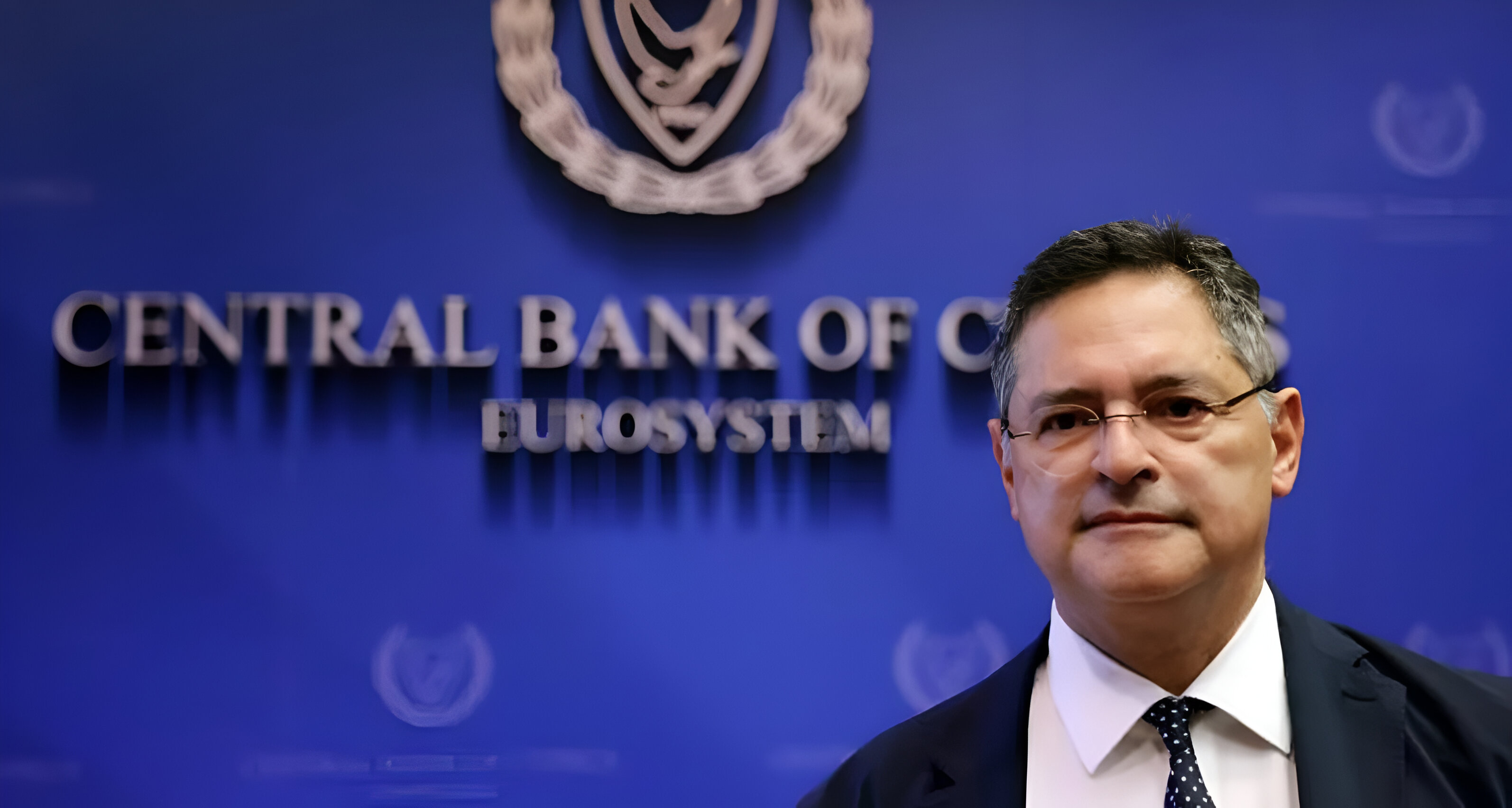By Dr Christodoulos Patsalides
In the world of banking, long periods of profitability can dull the instinct to reassess risk.
When financial institutions experience years of stable returns and upward-trending profits, there is a natural tendency to normalise those conditions.
This is especially true when a big chunk of profits emanate from unusually favourable monetary conditions.
Assumptions about asset quality, liquidity, borrower behaviour, and market volatility become embedded in models and culture alike.
However, when the macroeconomic or geopolitical environment shifts, the failure to adapt one’s mindset can be costly – both financially and reputationally. Risk is not static.
To quote President Lagarde at the recent ECB Forum on Central Banking, “if by now you don’t know how to spell ‘uncertainty’, you need to have your head examined.”
Geopolitical risk, taking unprecedented dimensions outside any chartered territory, cyber risk, demographics changes, structural shifts through technological developments such as AI and cryptoassets, more volatile inflation, and the more traditional risk of excessive fiscal expansion, constitute a complicated and unpredictable landscape which may lead to rapidly deteriorating conditions.
Changing mindset at times of rapid change requires more than analytical adjustments; it demands cultural and cognitive shifts.
It is often observable in hindsight – why didn’t the bank pull back from riskier lending, or further strengthen our defenses against a cyber-attack?
But when institutions are still recording profits, inertia can dominate.
This is the paradox: the time when mindset must change is often the very moment when business-as-usual still feels justified by recent results.
There is a psychological and institutional lag. Executives are reluctant to act preemptively, fearing opportunity costs or internal criticism. Boards may resist strategic shifts absent clear evidence.
But the nature of risk is forward-looking. By the time losses appear in earnings, it is often too late to avoid them.
This is why a flexible and adaptive risk culture is essential. Banks need internal mechanisms – scenario analysis, stress testing, contrarian voices – that can cut through the noise of short-term profits and recognise when the underlying environment is shifting.
The ability to pivot, to act not only on data but on foresight, is what separates resilient institutions from those caught flat-footed when the cycle turns.
In sum, the banking sector must cultivate a mindset that allows for profitable operations without becoming complacent.
The discipline to question assumptions during the good years may be the most critical safeguard for weathering the bad ones.
Dr Christodoulos Patsalides is a member of the ECB Governing Council and governor of the Central Bank of Cyprus (CBC)






Click here to change your cookie preferences